[dropcap]I[/dropcap]n May, President Uhuru Kenyatta relaunched a clean-up campaign as part of on-going efforts to reclaim Nairobi city’s lost glory. The President retaliated that waste mismanagement in the city is a problem that needs to be addressed urgently.
Consequently, every first Saturday of the month will henceforth be dedicated towards cleaning of the City. A similar drive was also launched by Nairobi City Governor Mike Sonko as part of Safisha Jiji Initiative. The monthly exercise is expected to rope in each and every one of us across all demographics.
This call for action comes at a critical time when Kenya has embarked on implementing United Nations Sustainable Development Agenda. Many of the proposed Sustainable Developed Goals are focused on ending poverty and protecting the environment, including Goal 1 on poverty, Goal 6 on water and sanitation, Goal 13 on Climate Change, Goal 14 on oceans and coasts, and Goal 15 on the conservation of terrestrial ecosystems.
Involving the public in efforts to achieve these goals whilst demonstrating the value it brings to their lives now and in the future has become a critical focus for Government at all levels. It is only in communicating these two issues effectively will the call to ‘litter responsibly’ be meaningful to all citizens.
It is indeed telling that the increase in waste generation is positively correlated with growth in household income; therefore, most urban set-ups experience excessive rates of waste disposal compared to rural areas.
The flipside is that, current utility structures are becoming overwhelmed with the increasing population, which translates to increase in human activity, and ultimately we find ourselves surrounded by heaps of waste – which threatens our both our health and environment.
RELATED: COCA-COLA’S PLAN FOR A WORLD WITHOUT WASTE
A clean environment is a constitutionally guaranteed right, which is why waste management – which is a key utility service and a critical element of the infrastructure that underpins society – is often rated among the top three priority areas for developing cities around the world.
So critical is this function that we all need to supplement County Government efforts with our own, or as Prof. Wangari Maathai said, ‘doing my little thing’ to change the world.
One way to do this, is to integrate the informal sector into waste management, leveraging on their deep understanding of geographies and the market dynamics, whilst improving their skills and working conditions to make them efficient.
We can leverage on community based groups including to address not only the environmental impact of unregulated waste disposal but also to provide income to households.
In Nairobi, for instance, the informal recycling sector has employed many young people who know how to sort and filter valuable, recyclable waste. This activity can be streamlined and, the youth involved incorporates into a more stable and functional system, which will empower them economically.
Recycling is one of the best ways that a community can organically boost the economy, preserve the environment, and encourage sustainable manufacturing. Waste management strategies that focus on reducing, reusing and recycling have an immediate environmental impact through diverting waste from landfills and conserving natural resources.
By integrating the communal spirit in waste management, we can leverage on community based groups including Schools and churches to address not only the environmental impact of unregulated waste disposal but also to provide income to households.
ALSO BY THIS AUTHOR: POWER BLACKOUTS DIMMING LIGHTS ON VISION 2030
In the same spirit of duty of care, manufacturers of PET plastic bottles through Kenya Association of Manufactures have committed to take back schemes and extended producer responsibility. Already, a number of manufacturers have internal reprocessing capacity for their own castoffs. This know-how combined with resources and infrastructure, from different stakeholders as well as strong policies provides a framework for waste management that will prove highly transformative for our economy.
By making waste a strong link in the formation of a circular economy for Kenya we can power the Big Four Agenda. A clean and healthy environment is an individual and collective responsibility. We need to empower the informal sector to be the engine that drives us to this goal.

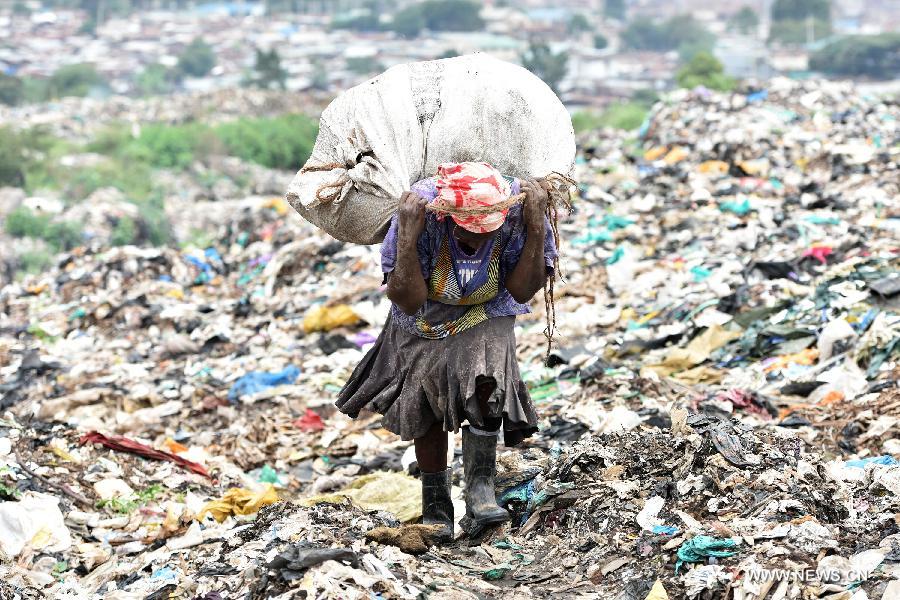


![Motivair by Schneider Electric, a new CDU (MCDU-70) with the capability to scale to 10MW and beyond for next-generation AI Factories. [Photo/Schneider Electric]](https://businesstoday.co.ke/wp-content/uploads/2026/01/MCDU_70_Product_Evolution_NO_LOGO_1920x1080-200x113.webp)


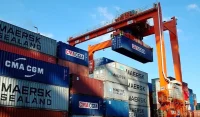

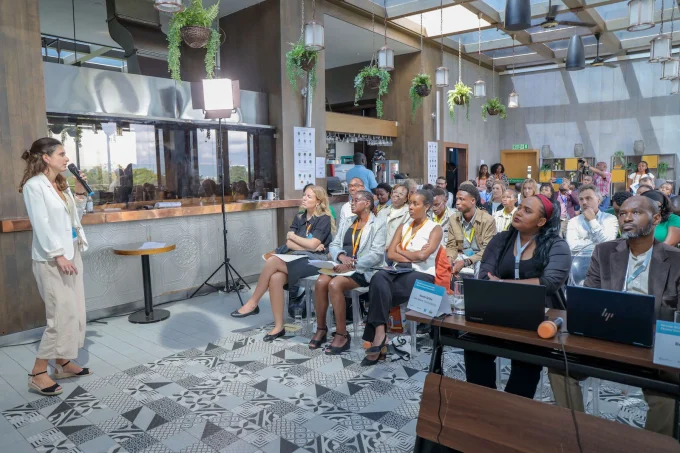
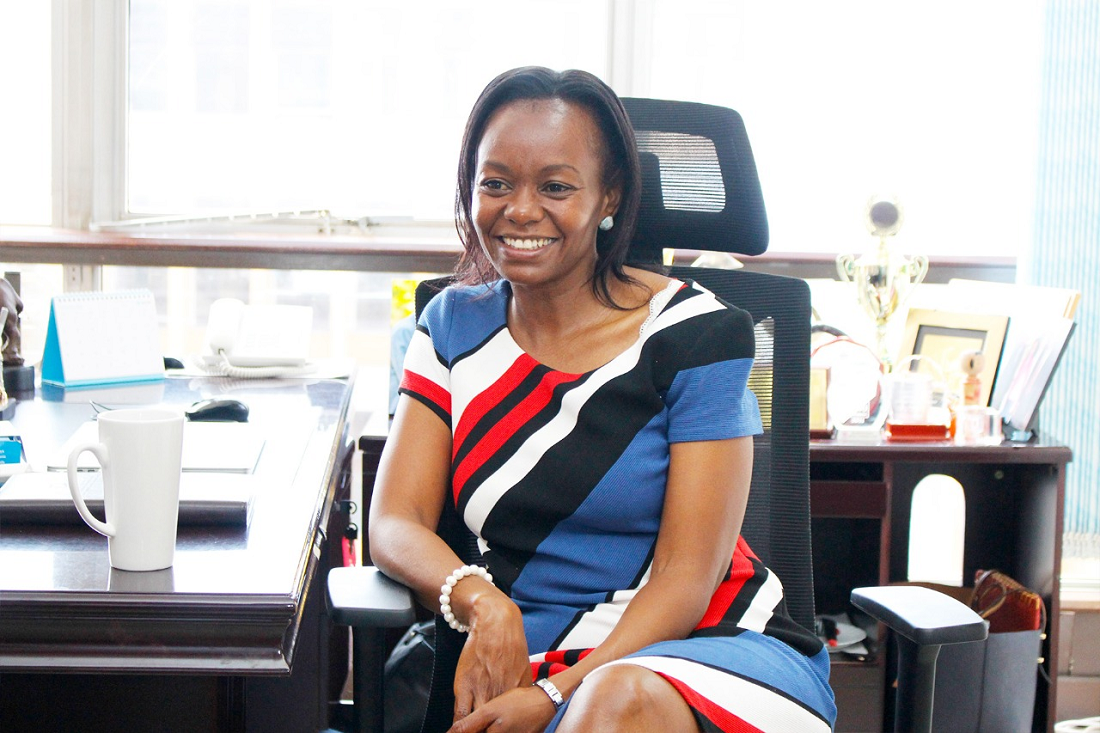

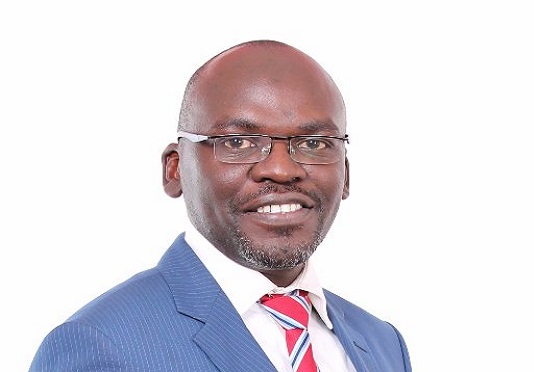
2 Comments